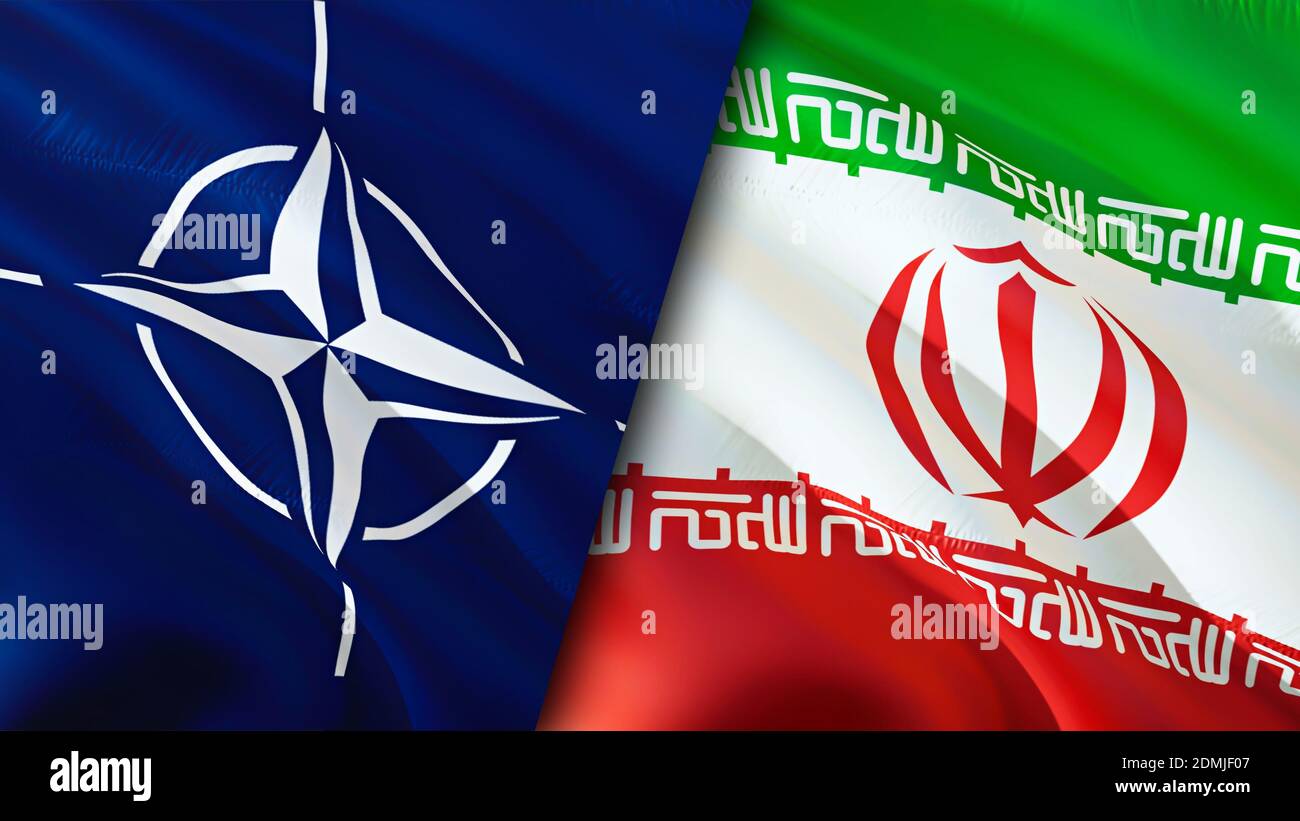Decoding NATO's Stance On Iran's Growing Threat
The intricate relationship between NATO and Iran stands as one of the most pressing geopolitical challenges of our time, a complex web of ideological clashes, regional destabilization, and the ever-present specter of military confrontation. As global powers grapple with Iran's nuclear ambitions, its support for proxy groups, and its deepening ties with adversaries of the West, the North Atlantic Treaty Organization finds itself navigating a delicate balance between deterrence and de-escalation. Understanding the nuances of this dynamic is crucial for anyone seeking to comprehend the future of international security.
From the foundational values upon which NATO was built to the recent escalations in the Middle East, the alliance's approach to Iran is multifaceted, involving diplomatic pressure, economic sanctions, and a cautious consideration of military options. This article delves into the various dimensions of the NATO-Iran dynamic, exploring the threats perceived by the alliance, the tools it employs, and the cautious path it treads to maintain regional stability while upholding its core principles.
Table of Contents
- NATO's Foundations and Iran's Contradictory Ideology
- Iran: A Growing Threat to Regional and European Security
- Economic Pressure: Sanctions as a Primary Tool
- Military Options and NATO's Reluctance to Intervene
- NATO's Official Stance: Condemnation and Restraint
- Europe's Emphasis on De-escalation and Diplomacy
- NATO Enlargement: Strengthening the Alliance Amidst Global Challenges
- The Future Outlook: Navigating the Complexities of NATO Iran Relations
NATO's Foundations and Iran's Contradictory Ideology
The North Atlantic Treaty Organization, established on April 4, 1949, by 12 founding countries from Europe and North America, was built on a bedrock of democratic values, collective defense, and the promotion of stability and peace. Its core principles emphasize human rights, freedom, and the rule of law. Over the decades, NATO has expanded significantly, with 20 more countries joining through 10 rounds of enlargement, demonstrating its enduring relevance and commitment to these shared ideals. This expansion, notably including Sweden's recent membership, reinforces the alliance's strength and sends "a clear message to Moscow" that NATO's enlargement decisions are solely for its allies to make, free from external veto. In stark contrast to these foundational tenets, the Iranian theocracy promotes a system of governance that fundamentally contradicts the core interests and values upon which the NATO alliance was founded. This ideological chasm is particularly evident in areas such as human rights, freedom of expression, and geopolitical conduct. Iran's actions often challenge the international norms and stability that NATO seeks to uphold, creating a persistent source of tension and concern for the alliance and its members. This inherent ideological conflict forms the backdrop against which all discussions of NATO Iran relations must be understood.Iran: A Growing Threat to Regional and European Security
The perception of Iran as a significant and escalating threat is a unifying concern for many nations,
US vs Iran is a "crisis moving towards us", says former NATO commander

Iran’s Cyberattack on Albania Highlights NATO’s Cyber Gaps | WPR

Nato vs iran hi-res stock photography and images - Alamy